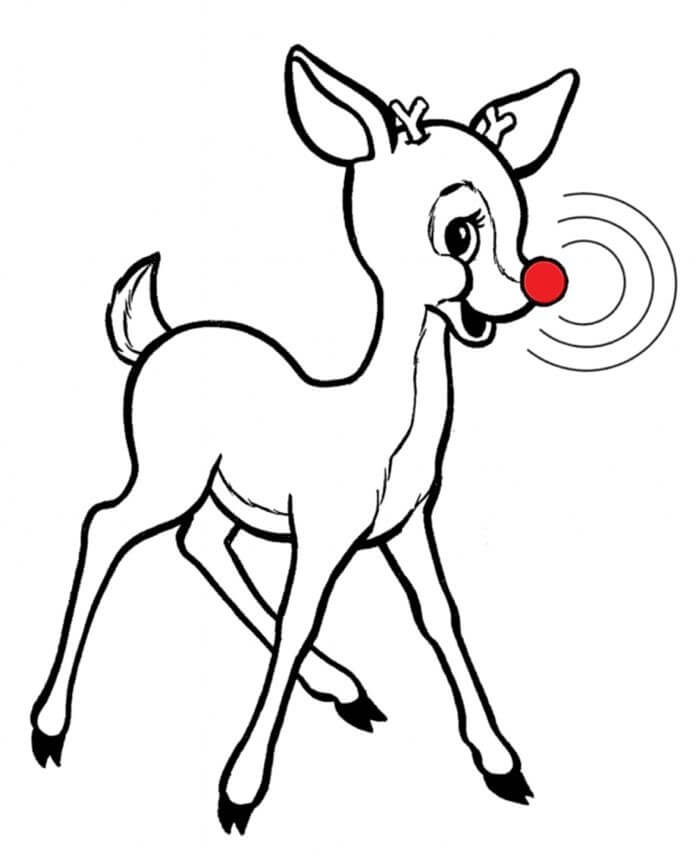For years, Santa's leading reindeer, Rudolph, has carried the North Pole title of “Rudolph the Red Nosed Reindeer,” often drawing stares and whispers from the elves and other reindeer because of his signature red nose -- a sign historically associated with a reindeer who might indulge in too many hot toddies. 
But that image is soon to be restored as information from the National Rosacea Society now reveals that Rudolph’s red nose may actually be a sign of rosacea, a common skin disorder characterized by facial redness in the area across the nose, cheeks or chin, affecting more than 16 million Americans. As the disease worsens, particularly in men and North Pole reindeer, the nose may become red and bulbous from excess tissue. This condition is known as rhinophyma.
“Skin thickening and redness of the nose, as seen in Rudolph, is a classic case of phymatous rosacea,” said a local North Pole dermatologist. “Although relatively rare, this type of rosacea may especially affect men of Irish, German and English heritages, which makes sense considering Rudolph is an English reindeer.”
When asked how he felt about the revelation, Rudolph explained, “For years, I thought my red nose was just because of the cold. It wasn’t until I stumbled upon the National Rosacea Society that I realized it was actually a skin disorder and I was not alone.”
In fact, according to one report, Santa may suffer from the same condition, noting that his “cheeks were like roses, his nose like a cherry.”
Fans around the world need not be worried about their favorite red-nosed reindeer. Although his skin disorder is now under control with medical help, Rudolph is working with a state-of-the-art technology company to create a replica of his illuminating red nose so that he can continue to serve as the guide for Santa’s sleigh.
If you are experiencing signs of rosacea, such as facial redness, inflammation or skin thickening around the nose, and want to learn more about the disorder, see a dermatologist or visit our All About Rosacea section.
Happy Holidays!